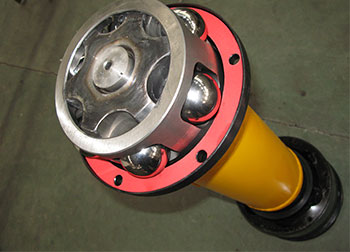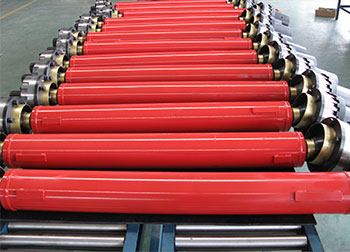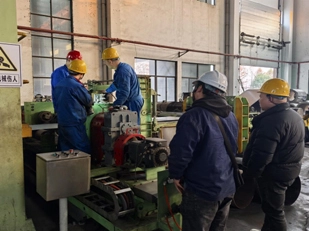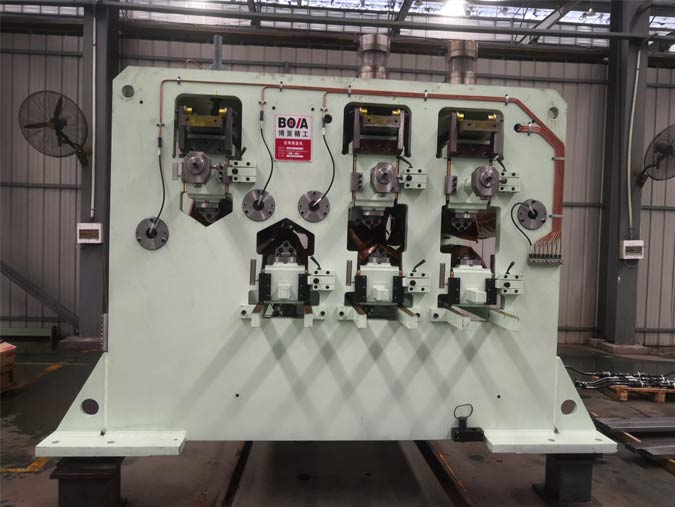
Flat Metal Rolling Leveler
Metal Side Trimming/Shearing Machine
Coil Coaters
Spare Parts
Flat Metal Finishing Line
Fine Blanking
Revamping and Repair
Company Profile
Company Culture
Honor Certificates
Factory Show
Quality Control
Our History
Social Responsibility
Search
 English
English 



